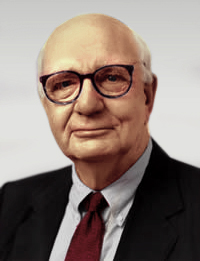A Quote by Dilma Rousseff
We will not play with inflation. We are living a delicate moment. President Obama spoke to me today about the high unemployment affecting the United States. In this crisis period, when the developed nations are not recovering, it's prudent to maintain the established inflation target.
Related Quotes
The unique aspect of today's monetary inflation is that it is not limited to one country, but a host of countries are all inflating together. As a result of the monetary inflation (when all of the newly created money begins to leave the banks and enter the system), the price inflation will be worldwide.
No politician can praise unemployment or inflation, and there is no way of combining high employment with stable prices that does not involve some control of income and prices. Otherwise the struggle for more consumption and more income to sustain it-a struggle that modern corporations, modern unions and modern democracy all facilitate and encourage-will drive up prices. Only heavy unemployment will then temper this upward thrust. Not many wish to confront the truth that the modern economy gives a choice only between inflation, unemployment, or controls.
Similar questions were posed to Allende as to me. Allende was told that he blamed everything on a conspiracy, on the economic crisis, that he blamed the high inflation that sabotaged him on the United States, and that he was frequently accusing the little lambs of Nixon and Kissinger of a coup. But everything became known later.









































